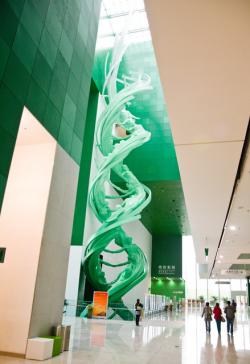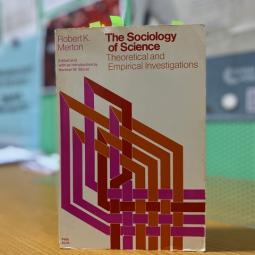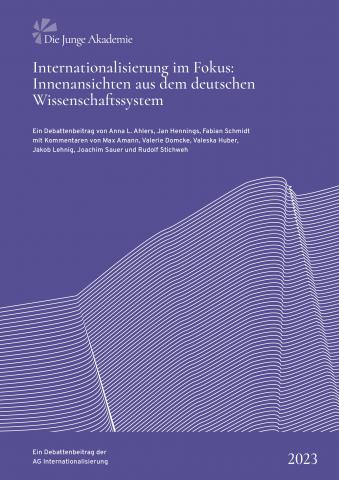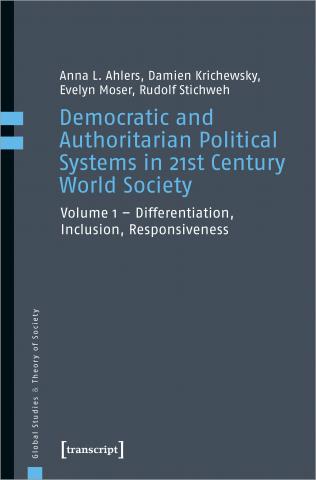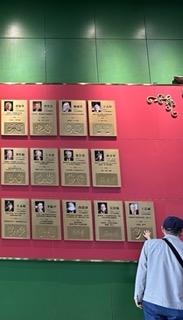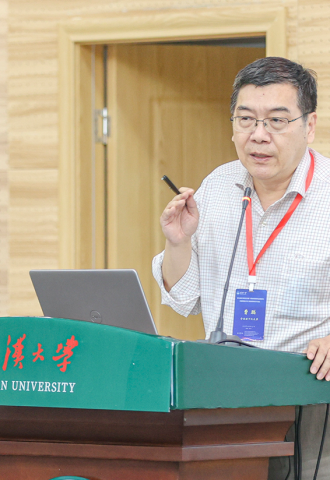About the Lise Meitner Excellence Program :
The Max Planck Society seeks to promote outstanding female researchers and offers them resources to lead a research group at a Max Planck Institute.
Cooperation Partners:
Berlin Contemporary China Network (BCCN) Sino-Finnish Education Research Centre

